R.I.P. Stephen Hawking 1942-2018 Greatest Accomplishments Rest in Pi
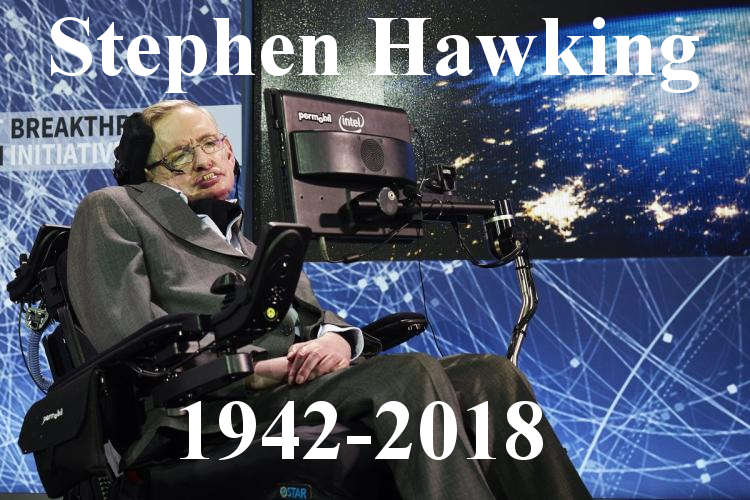
Professor Stephen William Hawking you will be missed dearly!I always looked up to him and learned a lot from him from his research and I even thought myself one day I could understand it all. Well I'm still trying to catch up I guess and I have a lot to go. Lets looks at his wikipedia page and get some information for everyone to see.

Stephen William Hawking [CH CBE FRS FRSA] 8 January 1942 – 14 March 2018 (born exactly 300 years after the death of Galileo) was an English theoretical physicist, cosmologist, author and Director of Research at the Centre for Theoretical Cosmology within the University of Cambridge. His scientific works included a collaboration with Roger Penrose on gravitational singularity theorems in the framework of general relativity and the theoretical prediction that black holes emit radiation, often called Hawking radiation. Hawking was the first to set out a theory of cosmology explained by a union of the general theory of relativity and quantum mechanics. He was a vigorous supporter of the many-worlds interpretation of quantum mechanics.
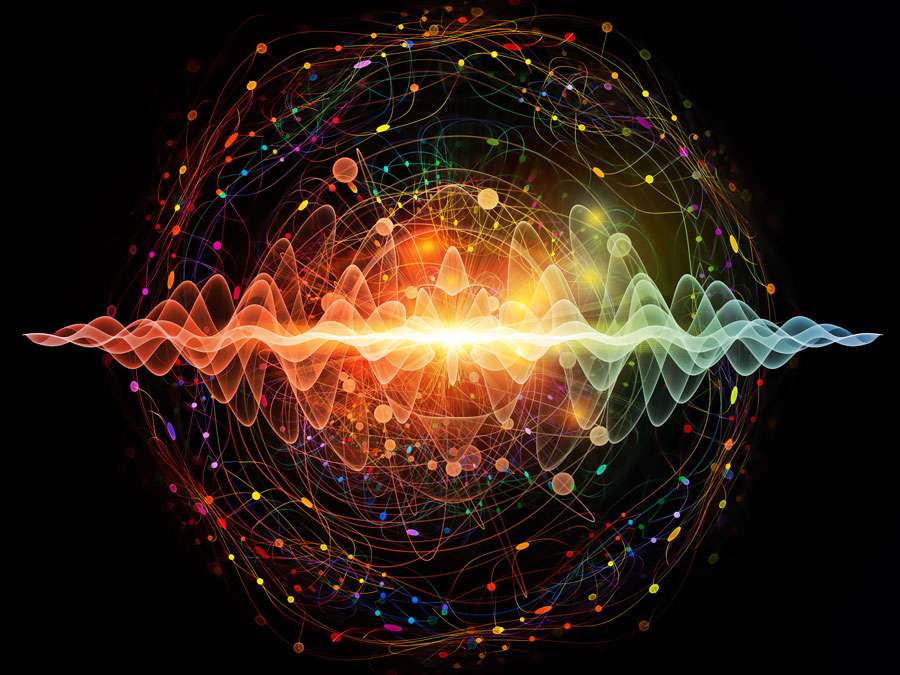
Some tweets on twitter:

(neiltyson)
His passing has left an intellectual vacuum in his wake. But it's not empty. Think of it as a kind of vacuum energy permeating the fabric of
(bigbangtheory)
In loving memory of Stephen Hawking. It was an honor to have him on The #BigBangTheory. Thank you for inspiring us and the world.
(Keah_Maria)
For TeenVogue I wrote about the ableist reactions to the passing of Stephen Hawking: www.teenvogue.com/story…
(NASA)
Remembering Stephen Hawking, a renowned physicist and ambassador of science. His theories unlocked a universe of possibilities that we & the world are exploring. May you keep flying like superman in microgravity, as you said to astronauts on @Space_Station in 2014
(adamcbest)
They said Stephen Hawking had 2 years to live in 1963. They said Stephen Hawking would never speak again in 1985. He stuck around until 2018 with one of the loudest voices on the planet. Nothing kept him from his dreams. We honor him by living the same way.
(wcl_library)
In honour of #stephenhawking we invite you to explore 520s-530s and embark on an adventure through space and time. You never know, maybe you could discover the answer to life, the universe and everything. #42 pic.twitter.com/Mx1tQmW…
Here is some of his greatest achievements in his time.
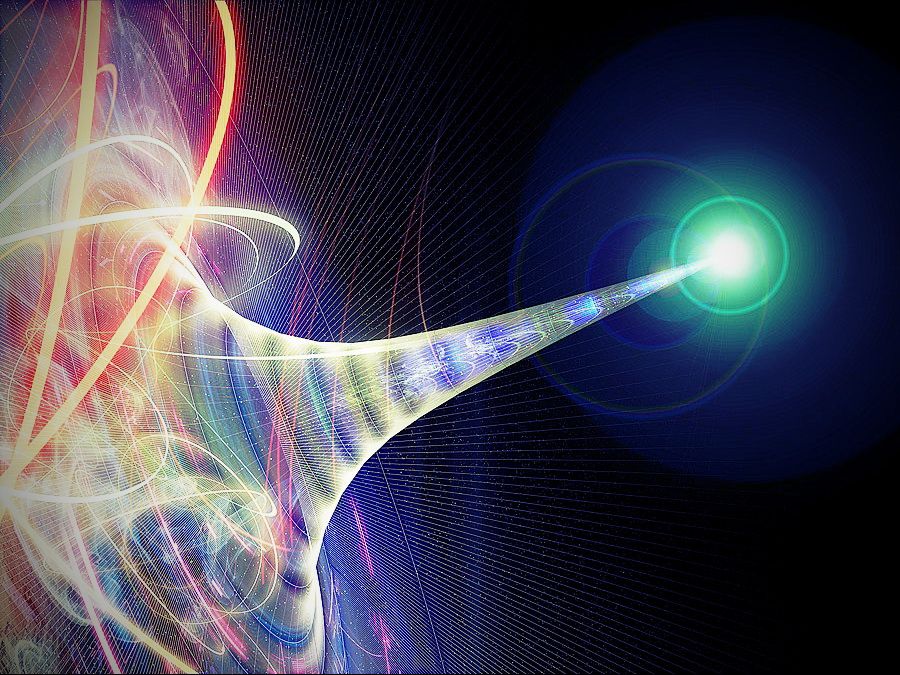

Four laws of black hole mechanics
James Bardeen and Brandon Carter, Stephan Hawking discovered the four laws of black hole mechanics. These laws are physical properties that black holes are believed to satisfy and are analogous to the laws of thermodynamics. In January 1971, his essay titled “Black Holes” won the prestigious Gravity Research Foundation Award.
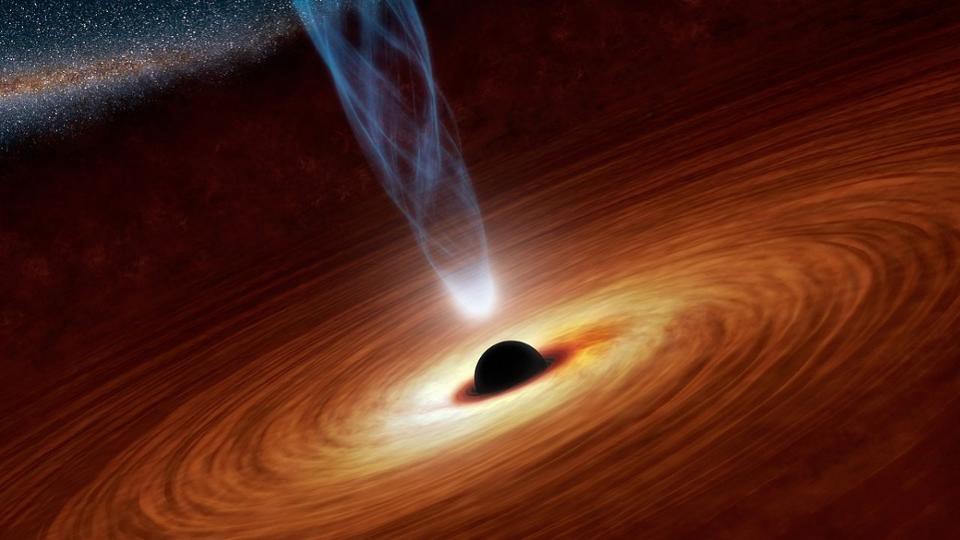
Hawking radiation His most significant theory is that black holes emit the Hawking radiation, previously physicists believed nothing could escape a black hole. In 1974, Stephan Hawking showed that black holes emit radiation, which may continue till they exhaust their energy and evaporate. Stephen’s prediction of what became known as the Hawking radiation initially created a controversy but on further research was considered an important breakthrough in theoretical physics.
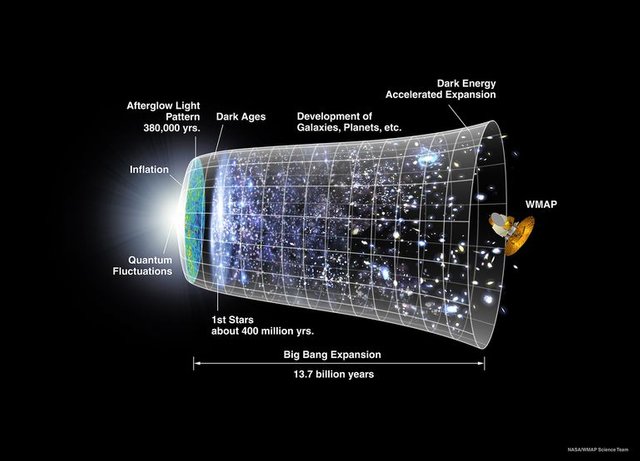
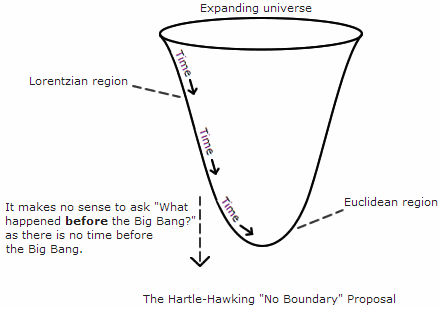
Hartle–Hawking state Along with James Hartle, Stephen Hawking published an important model on universe’s initial state known as the Hartle–Hawking state in 1983. It proposed that time didn’t exist before the Big Bang and hence the concept of the beginning of the universe is meaningless. The Hartle–Hawking state universe has no beginning as it has no initial boundaries in time or space. It remains one of the most prominent theories on the initial state of the universe.

Top-down cosmology
In 2006, Stephen Hawking, along with Thomas Hertog of CERN, proposed a theory of “top-down cosmology”. It proposed that the universe had not one unique initial state but consisted of a superposition of many possible initial conditions. Thus as we don’t know the initial conditions at the beginning of the universe, we can’t have a bottom-up model. This leaves the possibility of only a top-down approach as we know the final state of the universe – the one we are in now. The theory became popular as it fits in with the well-known string theory.
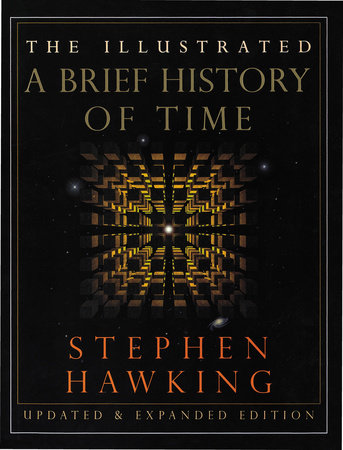
A Brief History of Time
In 1988, Hawking’s book A Brief History of Time was published. In it he explains a range of subjects in cosmology, including the big bang, black holes and light cones. The book was written in a non-technical language to clearly express his ideas to an average reader. A Brief History of Time became a bestseller and sold more than 10 million copies in 20 years. It appeared on the British Sunday Times best-seller list for a record-breaking 237 weeks. It also enhanced Hawking’s international reputation and media described him as “Master of the Universe”.
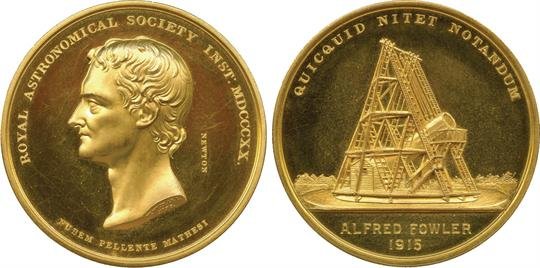
Gold Medal of the RAS In 1974, a few weeks after the announcement of the Hawking radiation, Stephan Hawking became one of the youngest persons to be elected to the Royal Society of London. In 1982 he was made Commander of the Order of the British Empire (CBE) by the Queen. In 1985 he was given the Gold Medal of the Royal Astronomical Society (RAS), the highest award given by the RAS. In 1987 he was awarded the Paul Dirac Medal by the Institute of Physics for his outstanding contributions to theoretical physics. In 1988, Hawking and Penrose were given the Wolf Prize, a prestigious international award granted in Israel.

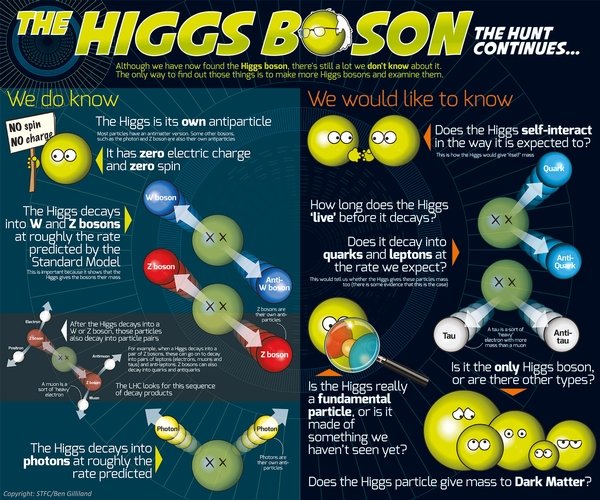
Higgs Boson
Higgs boson is a particle which was proposed to exist as part of the Higgs field theory by Peter Higgs in 1964. Stephen Hawking emphatically argued and bet that Higgs boson would never be found due to which he had a public dispute with Peter Higgs. Higgs boson was discovered in July 2012. Hawking quickly conceded that he had lost the bet and said Peter Higgs should win the Nobel Prize for Physics, which he did in 2013.
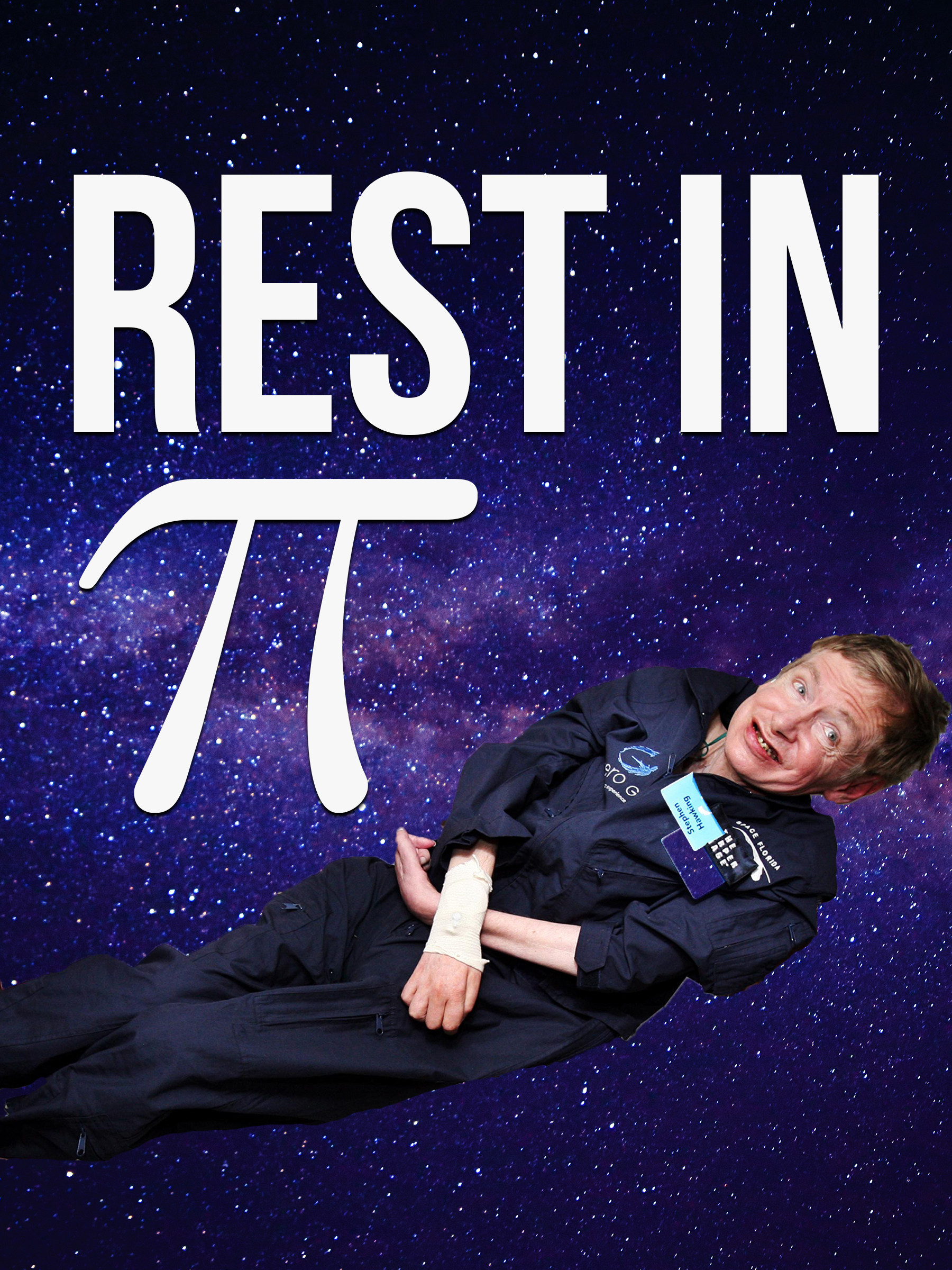
Check this cool site out dedicated to Stephen Hawking http://www.restinpi.com/
"Rest In Pi"